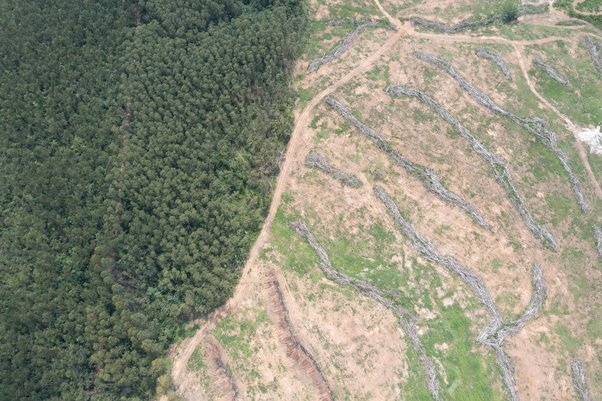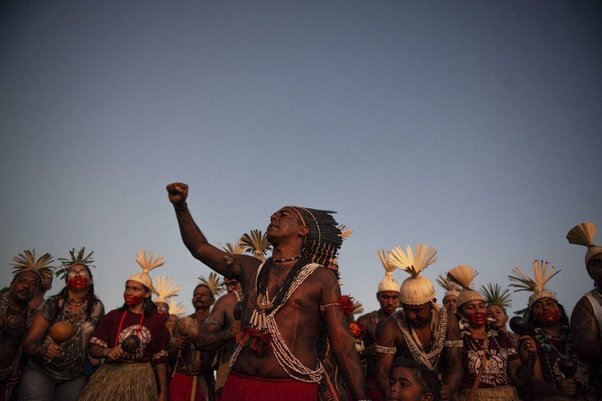New global data highlights the urgent need for greater protections for land and environmental defenders against attacks, as EU looks to weaken crucial CSDDD law
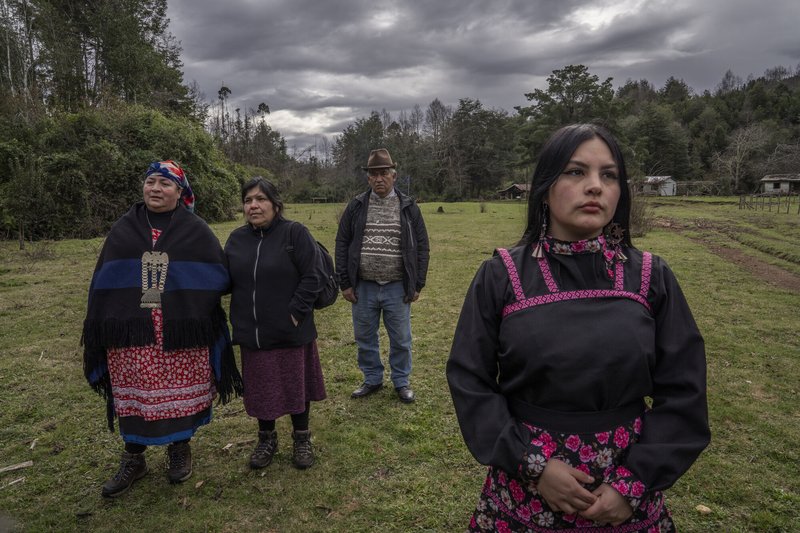
On 8 November 2024, together with her dog Cholito, 72-year-old Mapuche land rights defender Julia Chuñil went on a routine outing on her land to check on her farm animals. Neither Julia nor Cholito have been seen since.
Her disappearance followed years of harassment and threats from a local business owner, who pushed her to abandon her land so it could be used for logging.
Julia dedicated her life to protecting her community’s ancestral land rights in Southern Chile. Yet a long history of violence and pressure against Mapuche defenders, fuelled by Chile’s colonial legacy and corporate interests, has left her family without answers or justice for her disappearance.
Julia is not the only defender whose case is deeply linked to the struggle for land rights. And she was not the only defender who spent years trying to save her land from harmful business interests. Far, far from it.
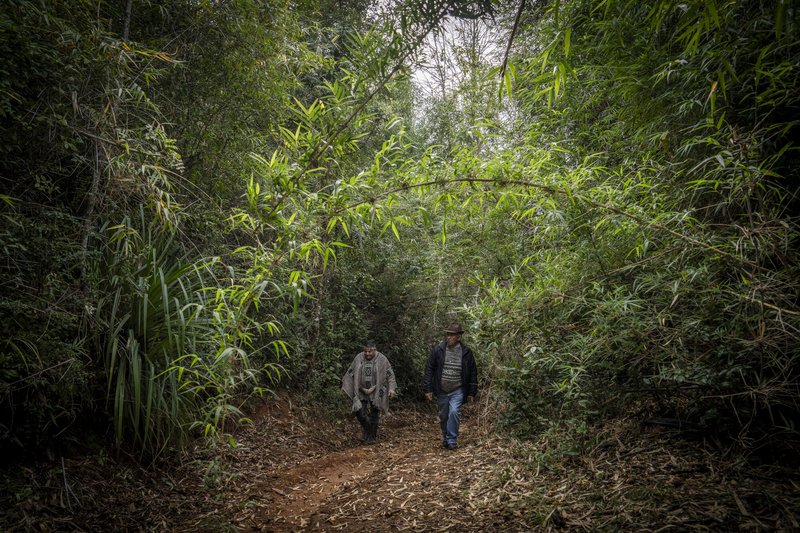
Unsafe to defend: Our 2024 findings
Since 2012, 2,253 defenders have been killed or disappeared globally for defending their land, communities or the environment, with Indigenous Peoples and Afro-descendants particularly vulnerable and disproportionately targeted.
Their territories contain some of the world’s most biodiverse ecosystems and are vital to climate and environmental protection, making their defence both crucial and dangerous.
Our latest report also reveals the trends behind the number of attacks against defenders and identifies key drivers such as land inequality, environmental destruction, corporate abuse and impunity. It shows how weak legal systems, and the absence of proper protection, create conditions that allow these attacks to continue.
The profits from minerals, timber and agriculture often come at a dire cost, trampling over the rights of those who defend our planet. Last year, mining was linked to at least 29 killings or disappearances, while logging was linked to eight. Business interests fuel reprisals – contributing to an environment that continues to silence defender voices.
But these documented killings and disappearances are the tip of the iceberg, with countless more defenders facing threats, intimidation and violence – often from those with corporate interests.
All the while, states and companies are increasingly questioning efforts to create safer environments and impose rules on destructive business practices. Ongoing political opposition and relentless corporate lobbying threaten to strip accountability measures of their power to create meaningful change on the ground.
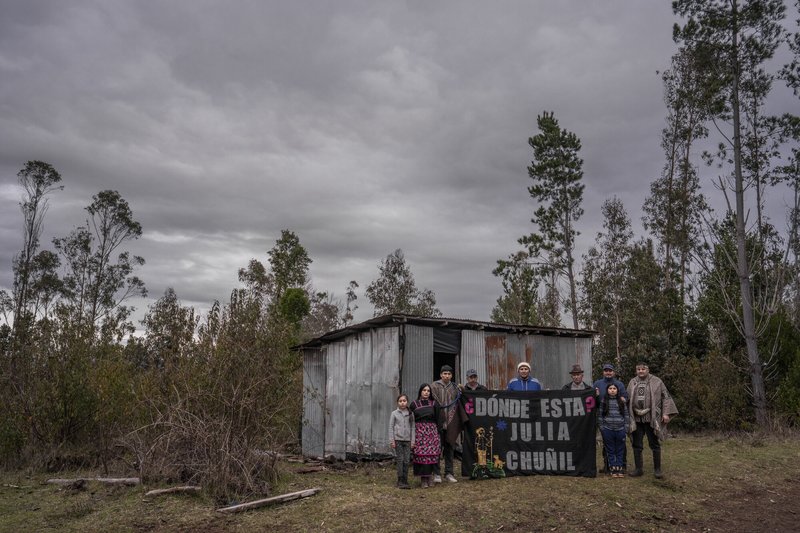
Instead of strengthening the rights of defenders like Julia in having access to land and livelihood, the EU is backtracking on the CSDDD hold major companies accountable for their harmful behaviour. Tamara Merino / Global Witness
EU businesses continue to put pressure on defenders all over the world
On the same day that Julia disappeared, thousands of kilometres away in Budapest, Hungary, the European Commission President, Ursula von der Leyen made a pivotal announcement.
Speaking to a room full of EU leaders, she proposed revisions to backtrack on a historic agreement to hold major companies accountable for their harmful behaviour – the newly adopted EU Corporate Sustainability Due Diligence Directive (CSDDD).
The law required companies operating in the EU to address environmental and human rights risks within their operations and global supply chains, making them liable for any harm caused directly by them. They would need to address severe harms by engaging with their business partners.
While far from perfect, it was a crucial step. One that von der Leyen’s revisions risk undermining. If successful, the proposed changes would roll back hard-won progress in holding large companies accountable for harm they cause. These previous achievements include making it easier for affected communities to access justice and bring claims in EU courts, as well as requiring large companies to reduce emissions in line with the Paris Agreement and contribute meaningfully to addressing the climate crisis.
Instead of recognising crucial issues around land and livelihoods – and strengthening the rights of defenders like Julia in having access to them – the EU appears to be on a quest to backtrack years of progress for people and planet.
These are steps backwards we cannot afford. Since the European Commission proposed the CSDDD for the first time in early 2022, 483 environmental defenders have been killed or disappeared.
Urgent action needed now
In October 2025, the European Parliament will decide the fate of crucial changes to the CSDDD proposed by the Commission. Key aspects of the law – including access to justice, liability and redress for affected communities, meaningful stakeholder engagement and mandatory climate transition plans – must be clearly protected.
This is a historic moment. As negotiations continue, the protection of communities like Julia's is hanging by a thread.
We urge Members of the European Parliament to act urgently to ensure that the CSDDD remains robust and effective, guaranteeing accountability. They must take clear, decisive steps to support those who risk everything to defend our planet.

